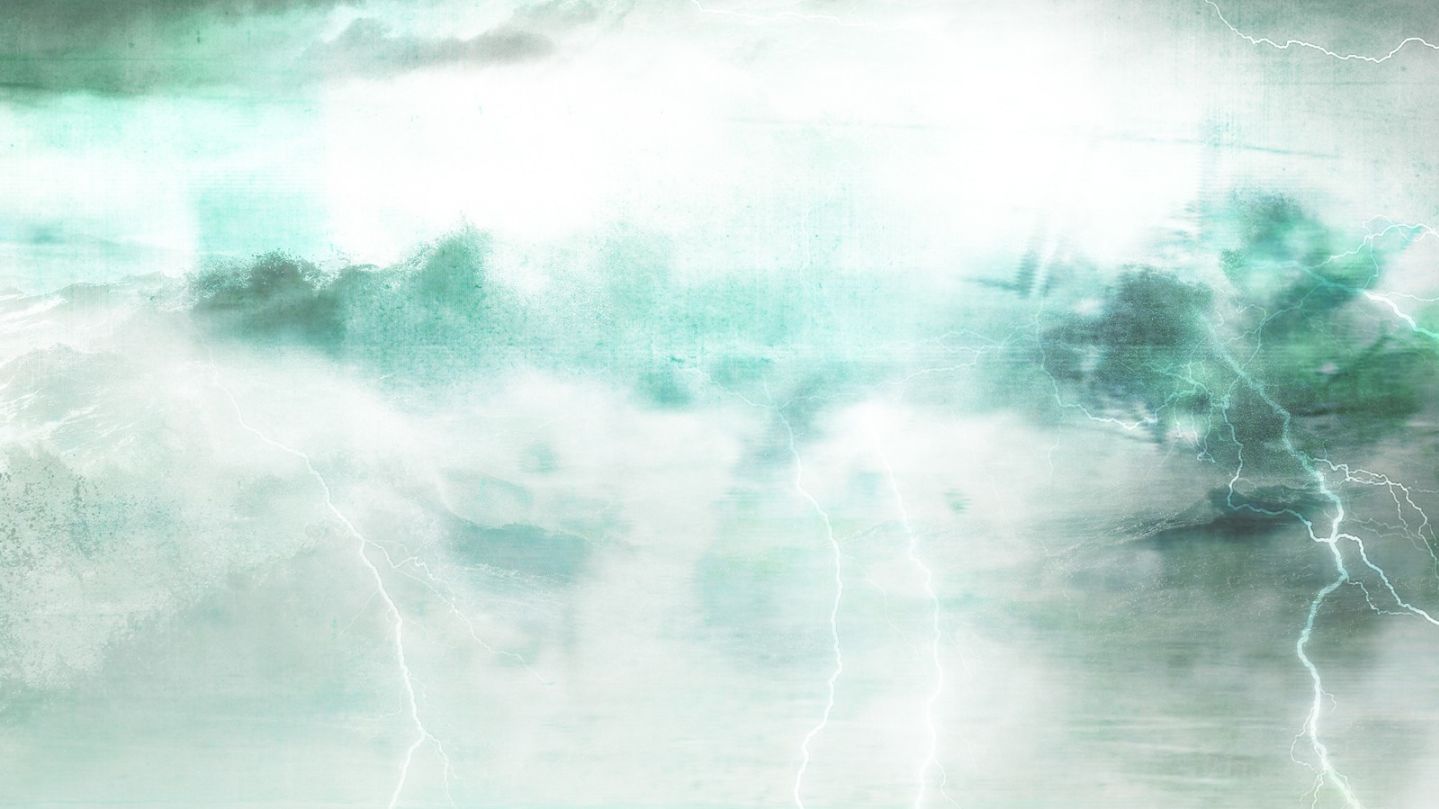CNN
—
Are you prepared for a severe winter storm? Below are some suggestions about planning ahead at home, work and in your car as well as how to take care of your pets.
If you get stuck at home or work
What to have on-hand:
Things to think about:
- Properly ventilate heating sources to avoid carbon monoxide poisoning
- To avoid freezing pipes, let your taps drip
- Don’t drink alcohol in the cold, it dissipates body heat
- Find source for community weather warnings; check FEMA’s Web directory
If the power goes out
- After four hours, some food in your fridge may not be safe to eat
- Check CDC guidelines, keep your fridge doors closed
- What to salvage when power returns? The USDA has some suggestions
- Layer clothes to keep warm
How to survive in your car
What to have on hand:
- Phone charger
- Blanket or sleeping bag
- Flashlight with extra batteries
- First-aid kit
- Knife
- Non-perishable food
- Water
- Extra clothes and shoes
- Paper towels
- Flares and/or brightly colored fabric
- Sand or kitty litter
- Shovel
- Jumper cables
- Windshield scraper
- A compass
- A whistle
- Waterproof matches and a can to melt snow
What else to think about:
- Fill your gas tank up ahead of time
- If you have to drive during a storm, let someone know your ETA and route
- Dress for the weather in case you get stranded
- Think you’re at risk of frostbite or hypothermia? Check symptoms and find out what to do here
If you get stranded
- Stay in your vehicle
- Run the motor for 10 minutes an hour to warm up
- Make sure your exhaust pipe isn’t blocked by snow or ice
- Stay visible, so rescuers can find you
- You can drink snow if you need to, but you should boil it first
- For more safety ideas, check out NOAA’s guide here
Don’t forget your pets
- Move your animals into shelter, preferably indoors
- Have extra food and water, use plastic bowls – not metal – outside in freezing temperatures
- Your furry friends can get frostbite and hypothermia, too: Protect their exposed skin
- If your furry friend gets salt on his/her paws, wipe them off with a damp towel
- Get more great tips from The Humane Society of the United States here





